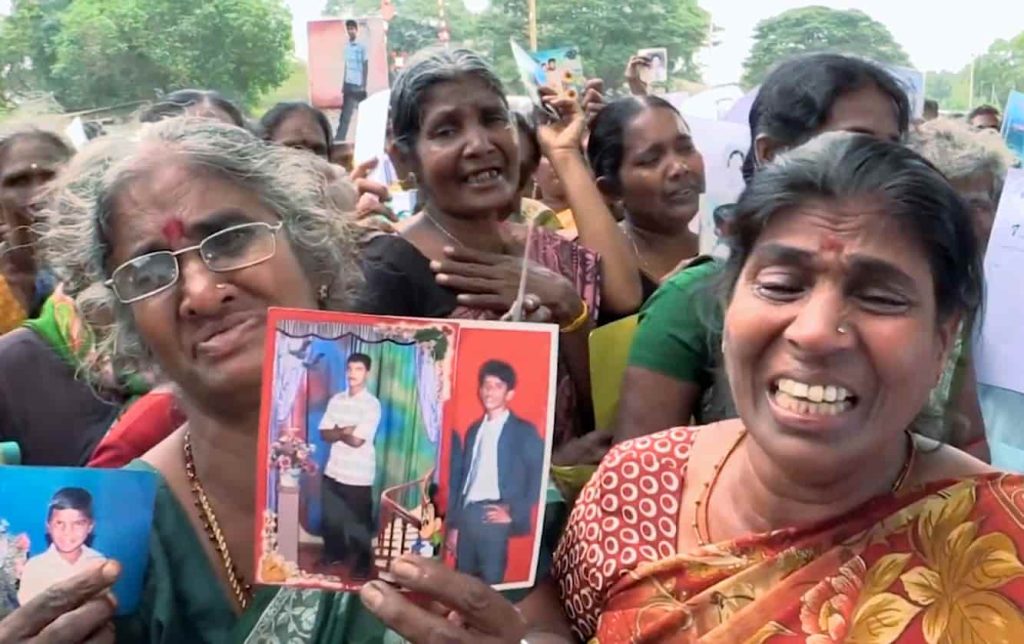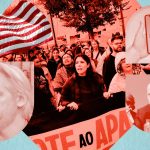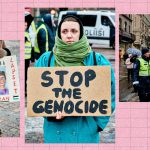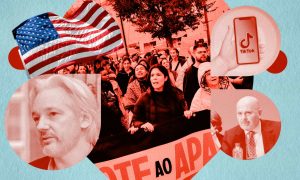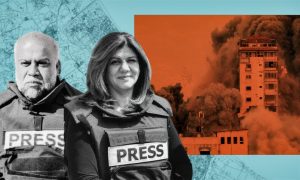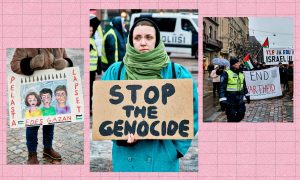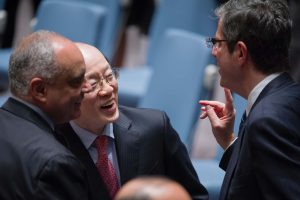13 years after the end of the Sri Lankan civil war, mothers of the disappeared are still searching for answers and justice.
“Remember when you and Akka [older sister in Tamil] used to skip dance class by hiding in the storage shed in the backyard?”, reminisces my Aunt. “We would spend ages looking for you, thinking you both had gone missing.” It’s been 13 years since the end of the Sri Lankan civil war and my cousin went missing. My aunt, like many mothers in Sri Lanka, is still searching for her daughter or at least answers as to what happened to her. Answers she is unlikely to ever find.
Sri Lanka has the world’s second-largest number of enforced disappearances; formally recorded at 6,259. However, an Amnesty International report estimates the actual number of disappearances since the 1980s is upwards of 60,000 people. Mothers of the disappeared, like my aunt, have been protesting since 2017, demanding answers and justice from the state and international bodies such as the UN Human Rights Council. Despite several domestic and international mechanisms in place, the Sri Lankan government has repeatedly failed to provide answers.
Aftermath of the Civil War
The civil war in Sri Lanka lasted from 1983 to 2009 and was fought between the Sinhalese majority government and the Liberation Tigers of Tamil Eelam (LTTE), an armed Tamil separatist movement seeking independence for the northern and eastern part of the country. A considerable number of young Tamil people went missing during the conflict, but even more did after the fact. Anyone with ties to the LTTE “were handed over to the Sri Lankan army who said they will make inquiries and pardon them”.
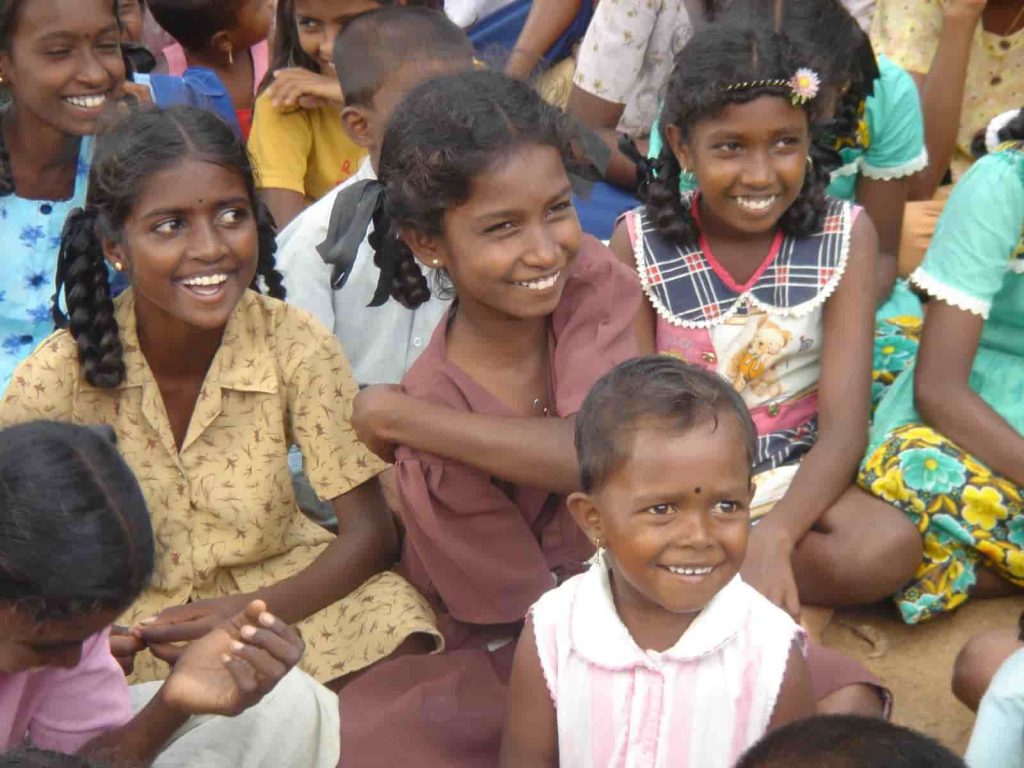
My cousin was one such individual. Like many disillusioned Tamil youth, my eighteen-year-old cousin began supporting the LTTE in the early 2000s against her parents’ wishes. The last time my family communicated with her was just before the end of the war, in early 2009. “Her connections with the movement put a target on her back”, says my aunt. “At the time, a lot of people went missing in white vans. We knew it was the government trying to nip any resurgence of the movement, but we were all too scared to do anything. In case we would be the next to go missing.”
Many families of the victims believe the disappearances were state-sanctioned, in the name of antiterrorism operations. Government officials deny this narrative, with some going as far as to make baseless claims that the disappeared individuals are secretly living abroad.
However, as a party to the International Convention for the Protection of All Persons from Enforced Disappearance (ICPED), the Sri Lankan government is required to provide answers. In light of international pressure to hold accountability, in September 2009 the government announced it would establish state processes to determine the truth, provide justice and prevent the recurrence in regards to war crimes, including enforced disappearances, perpetrated during the conflict. A Commission for Truth, an Office on Missing Persons and an Office for Reparations were established as a result.
Office on Missing Persons (OMP) & Other Initiatives
My cousin’s disappearance is one of 14,965 civilian reports the OMP has received since its establishment in 2017. In the past 5 years, we have received little in way of communication, let alone answers, from the office. This is the case for most who filed reports.
According to Brito Fernando, Chair of Families of the Disappeared, “The government didn’t have a huge political interest in the disappearances issue. They set up the OMP only because of international pressure.” This becomes very evident due to the office’s limited progress and inability to win the trust of the victims’ families. The lack of trust is a result of the office being led by individuals who undermine its independence by actively seeking to exonerate perpetrators and not recognise the state’s involvement in the disappearances.
Until formal reparations could be made, the OMP was providing 6,000 LKR (30 USD at the time) per month to a few families who were facing economic hardship as a result of the families’ sole breadwinner disappearing. These payments were stopped in 2022 by President Gotabaya Rajapaksa’s government before he was forced to step down.
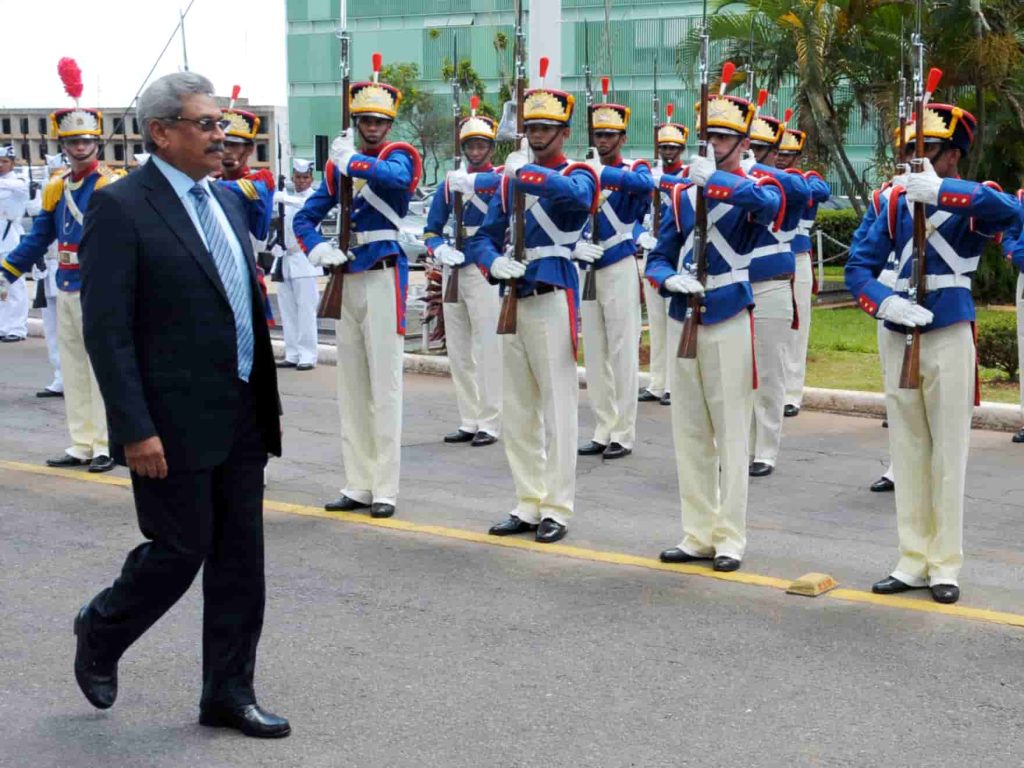
The past government also stopped issuing Certificates of Absence in lieu of Death Certificates. Despite a change in leadership, families are being pressured by the current Ministry of Justice to stop protesting and asking for answers. Instead, they are being coerced to accept 100,000 LKR (around 270 USD today) and a Death Certificate as part of the new “Access to Justice” Programme.
“I don’t want a death certificate or money. I just want to know where my daughter is” was my aunt’s response to the government’s recent initiative. Unfortunately, many families, hit hard by the pandemic and the country’s current dire economic situation, are left with little choice but to concede to the government’s pressure.
UNHCR Resolution
The state’s recent attempts to close as many of the OMP’s cases as possible is a direct result of the UNHRC’s resolution 46/1 adopted on March 23, 2021 which drew attention to the continued lack of accountability and answers from the Sri Lankan government in regards to what took place during the war. The resolution gives the OHCHR new staff, more powers and a $2.8 million budget to look at Sri Lanka’s war with a possibility of future prosecutions. A comprehensive report is expected to be released by 2024.
The Sri Lankan Foreign Minister, however, stated the resolution lacked authority and “was brought by countries supported by Western powers that want to dominate the Global South”.
We are yet to see whether this resolution will bring forth any tangible progress in the way of answers for the families of the disappeared. So far, the opposite has happened, with the government trying to make the issue itself disappear through monetary compensation. 13 years on, mothers like my aunt are still waiting for answers. With time, my aunt has reluctantly accepted that her wait may in fact be futile. “They say no news is good news. Maybe not knowing is also for the best. This way I can pretend she’s in a far off land, living happily.”



